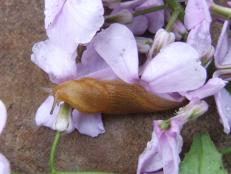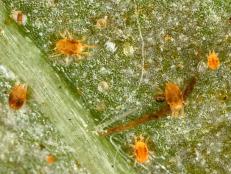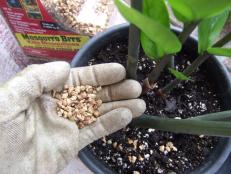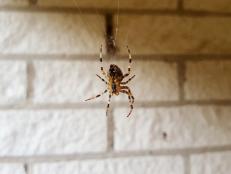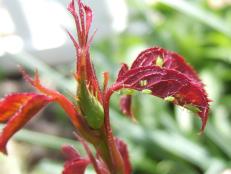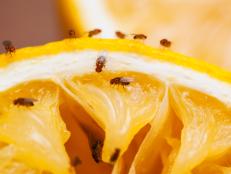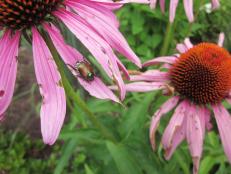Bug Off! Keep Pests Away With Organic Strategies
You don't have to break out the heavy artillery to keep garden pests at bay.
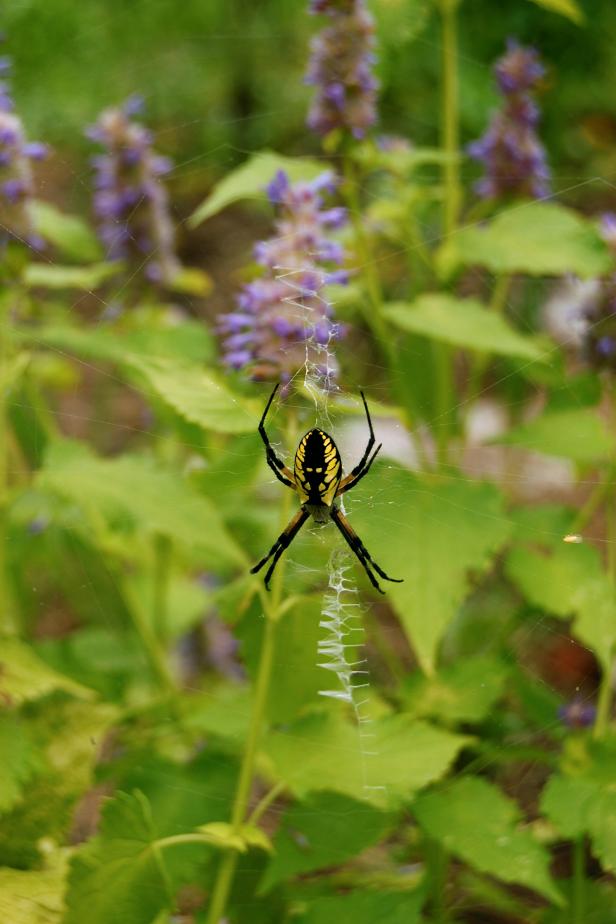
Image courtesy of David Richard Koff/Crescent Garden
You rarely hear the homicidal-sounding terms “pesticide” or “insecticides” bandied around by growers showing off their organic gardens, despite the devastation wrought by some invaders.
Instead, with a shrugging resignation to the dynamics of natural selection, they tend to speak of “pest suppression,” or “insect management,” and they develop tricks and tactics to dodge the problem without disrupting the microbiology in play.
“What most people don’t realize is that about 90 percent of insects are, in fact, beneficial, helping to pollinate and eating the ‘bad bugs’ you don’t want,” says John Snow, who converted Snow’s Bend, his family’s 150-year-old farm in Tuscaloosa, Alabama, to organic methods after working on farms in Ecuador, Africa and the Pacific Northwest. “So you want bird- and bat-houses and hedgerows and plenty of blossoms to attract as many beneficial insects as possible, and that will go a long way.”
Bees, ladybugs, praying mantises, green lacewings, and braconid wasps are beneficial insects, some because they help with pollination and others because they control garden pests. Organic gardening requires an understanding of entomology and insect life cycles, notes Jack Gurley, of Calvert’s Gift farm in Maryland.
“We have a real problem with flea beetles, which don’t really damage our kale, collards, and mustards, but they leave these shotgun holes that make the plants look undesirable,” he says. “So we don’t plant those leafy vegetables when the beetles are active; we’ll do a ‘test planting’ of a small patch of kale to see if they’re still hanging around.”
There are, however, treatments and prophylactics that qualify as organic:
Neem
Extracts and compounds derived from this mahogany tree are touted for their antifungal and antibacterial properties and have been used for centuries in India to control locusts.
Diatomaceous Earth, or DE
This off-white powder of sedimentary rock, silica, and the fossilized remains of diatoms kills bugs with exoskeletons, including fleas and parasites plaguing livestock, but is safe for mammals to eat.
Bacillus Thuringensis
This germ causes the stomachs of caterpillars to explode but does not harm humans, birds or beneficial insects.
Nematodes
These microscopic roundworms devour pests in both their larval and adult stages. They are light-sensitive, so apply early in the morning in the twilight.
Kitchen remedies and herbal tinctures
Mix potent concentrates of hot pepper, cloves, garlic, cinnamon and other mints in water, and spray on vegetables. Many of these concoctions also ward off rabbits and groundhogs as well.
Chrysanthemum Pyrethrum
Also known as “Persian powder,” it was used to treat lice in the Middle East. The flowers themselves serve as companion plants, especially with broccoli, to repel aphids, bed bugs, ticks, pickleworms and cabbage worms. The blossoms then can be dried, crushed and mixed with water to create a spray.
Safer Brand Insect-Killing Soap
This treatment uses potassium salts to weaken the insects’ exoskeleton and then quickly biodegrades.
Row Covers
These reusable, perforated sheets of fabric let in rain and light but keep out heat, along with flea beetles, squash bugs, potato beetles, and peckish deer.
Crop Rotation
In addition to preserving nutrients, also prevents the development of insects that have nested in proximity to their favorite snack. In keeping with the priorities of organic gardening, pest control also is grounded in the health of the soil.
“The soil is similar to our human immune system,” says Sharon Rose Mauney, of LoganBerry Heritage Farm in Cleveland, Georgia.
“Say you have some gorgeous blue-green beans, and it doesn’t rain for awhile or you’ve neglected to fertilize them properly. The weakened beans start sending out distress signals, and predators seize on them. If you have a lot of problems with pests, that’s an indicator that you probably have problems with the soil, so start first with doctoring and strengthening the soil.”






